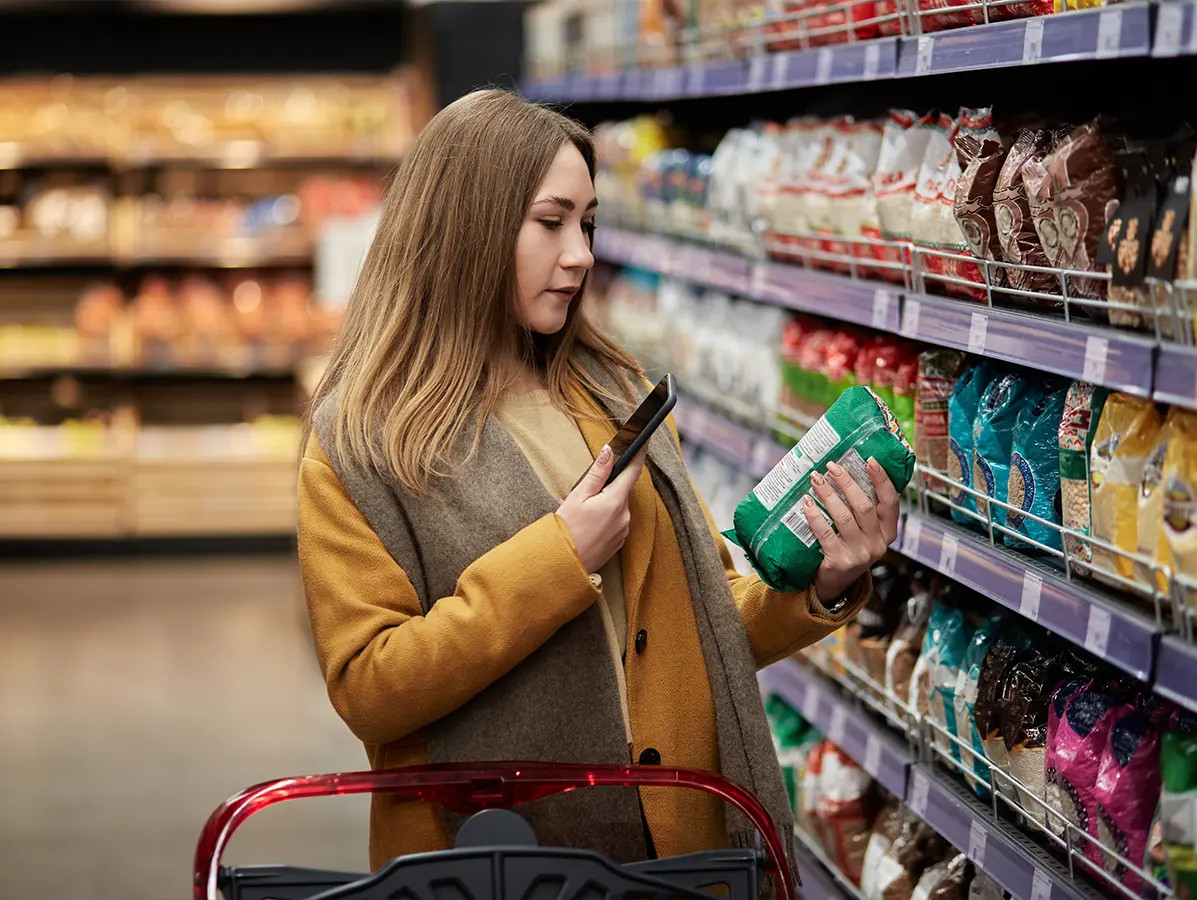
True Cost Accounting (TCA) offers an innovative approach to making the hidden costs of food production visible. This method analyses the impact on the environment, people, and animals and translates these into financial values. But what does this mean for the food chain, businesses, and consumers?
TCA looks beyond just production and sales costs. It measures the effects on four types of capital: natural, social, human, and economic. Consider the CO2 emissions of a chocolate bar, land use, or the working conditions of farmers. By expressing these factors in financial terms, a clearer picture emerges of the actual price of a product. This can help companies make more sustainable choices, such as adjusting their product range or improving their suppliers’ sustainability scores.
For consumers, TCA provides a practical way to make sustainable choices. The 'true' price of products can help them shop more consciously, although trust in price-premium initiatives is not yet widespread. For policymakers, TCA is a powerful tool to measure and guide sector sustainability with targeted measures. Examples include setting priorities such as energy use or social conditions.
The strength of TCA lies in collaboration. Stakeholders across the chain, from farmers to investors, can use TCA to pinpoint areas where sustainable improvements are possible. Transparency and scientifically grounded choices are essential here. Projects like the EU initiative FOODCoST continue to refine the methodology, ensuring it becomes widely applicable in the transition to a more sustainable food system.
Source: Wageningen University & Research